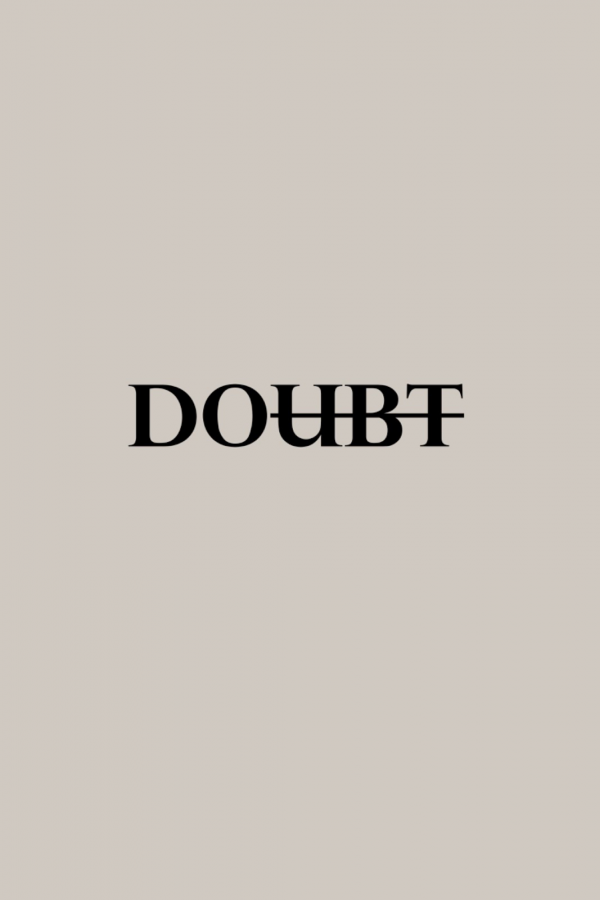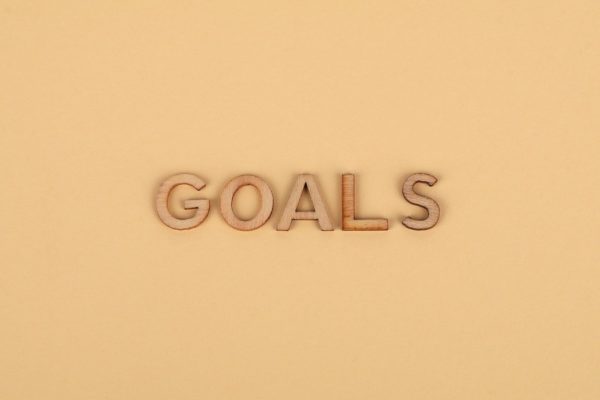Helpful Ways to Set Positive Intentions This Summer
| Written by Jane Dustman, LCSW

Summer is here and the opportunities are endless. We have overcome the cruel winter months, stepped out of hibernation, and are set for rejuvenation with the warm weather amongst us.
For some of us, school is out, Summer Fridays have commenced, the sun stays out longer, and we get to engage in a plethora of activities outdoors. While this is fine and well, sometimes, we blink and the summer is gone. In order to be fully immersed in the summer months, setting an intention or goal for the summer can really help keep the focus on what needs to get done, what you want to do, and ways to fully go about it and have fun!
Intentions
What exactly is an intention? An intention is where you commit yourself to an aim, a goal, or a course of action. Some say that your intentions set your reality. Intentions can be set for that day, that moment, those couple of months or even that year.
Setting intentions helps you hold yourself accountable for areas in your life that you want to focus on or achieve. Setting intentions can also help you keep the eye on the prize. Provided below are some helpful tips to help set intentions for yourself now, this summer, and anytime in the future.
1). Stop and Think
The first thing to do in order to start with your intention setting is to stop, think, and reflect. It is super important to take the time to reflect on what you want, what is going to be best for you. If you mean something, it will help you do it. You can either sit and reflect in your head, write down some ideas or things that come to mind, or even say them out loud, choosing what is going to ground you and keep you guiding forward.
2). Pick A Word
This sounds weird at first, but think about… once you identify your thoughts, they tend to stem around a similar theme. If that is the case, sort through what you have reflected on and identify that theme by picking a word that comes to mind.
For example, if you have been thinking about going out more, socializing, engaging and trying new things, your word might be explorative or active. Those two words, depending on your preference, encapsulate what you are wanting to do. Now that the word has been identified, think about the why’s; why you chose that word around that theme, why now.
Ex: Word= ACTIVE
3). Identify Why It Is Important

At first glance, it might seem pretty simple as to why you chose that word after your reflection, but that is what makes intentions so important.
Why now?
When you are able to identify why now is the time to start working through this intention, it helps ground you in the moments, keeps your eye on the prize, and holds you accountable to keep going to achieve what you set out for yourself.
It is important to remember that with intentions, you do not necessarily have to stick with specific guidelines/time frames, as this can be a moment in time, something to do in the morning, over a week, throughout the month or even a year. This will come into play in the next section to determine how you are going to act on your intention.
Ex: I choose to be active because for so long, I would find excuses to stay inside or not do things and I want to expand my horizons.
4). Set a Goal
So we have reflected, established our word, explored why we are implementing this intention, and now it comes time to put in the work and explore how we are going to make changes/moves with this intention.
One way we can go about this is by setting SMART goals. SMART goals are done to help find a clear, concise path on how you are going to attain/achieve your intention. Provided below are the steps to take to help map out your intention.
S– Specific
M– Measurable
A– Attainable
R– Realistic
T– Time frame
Ex: Within the next four months, I want to go out twice per week, once a week socializing with friends, the other time, engaging in a new self-care activity for me in order to meet new people, try new experiences and engage in “me time.” I will journal my experiences and lay my activities out on a calendar to keep track and to document progress.

5). Let’s Make a Habit
They say it takes around 21 days to break or form a habit. But how do we actually make something a habit is the real question?
In order to start forming a habit, we need to identify and make a cue. A cue is a subtle reminder, or a “happy trigger” that reminds you to engage in your intention setting practice/routine. This cue is not there to stress you out. Again, it is a reminder to engage in that SMART goal setting process to reach the intention to its utmost potential.
Ex: Sit down every Sunday and write on the Calendar plans for the week. OR, set reminders on the phone for the day/time you are supposed to go out.
After step five, it is time to put it all together and put it into practice. It is important to remember that intentions can be ever-changing, non binding, and are not meant to create stress. Intentions help guide you to what you want, what you are focused on, and to help hold yourself accountable. Have fun with those intention settings!
If you or anyone you know is struggling with motivation, setting intentions/goals, or having a hard time with future planning, please do not hesitate to outreach as a mental health professional can assist you.
Licensed professionals can help you talk through your feelings, help identify barriers if they are coming in the way of intention setting, break through those barriers and help you reach and achieve your goals.
Jane Dustman is a LCSW who enjoys spending her free time with family and friends, hanging on the beach, practicing yoga and dancing. Jane is dedicated to her practice of social work and enjoys being a full-time therapist at Exceptional Wellness Counseling.
EWC has locations in Manalapan and Shrewsbury, NJ, and accepts a variety of insurances.
Check out Jane’s professional bio here.
Email Us: info@exceptionalwellnesscounseling.com
Call Now: (908) 415-2042
NEXT STEPS & RESOURCES
-
- Are you ready to take your first step? Reach out to us.
- Do you feel you maybenefit from counseling during this time? Take the first step.
- Interested in online counseling? Learn more.
- Interested in group counseling? Learn More

